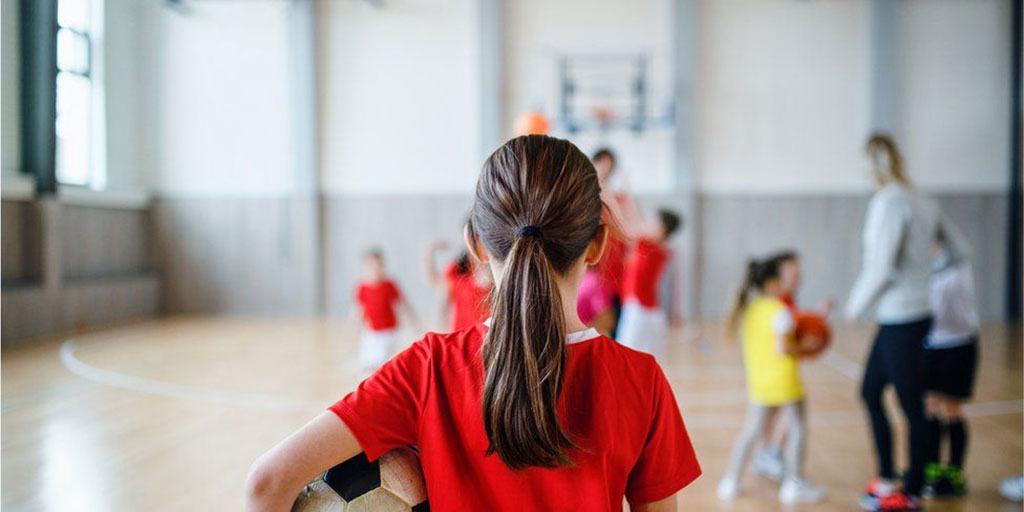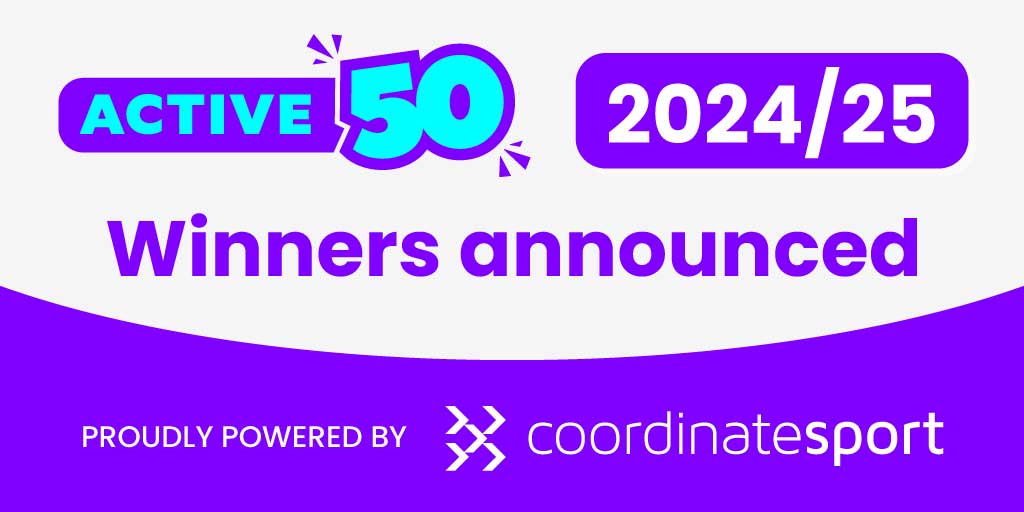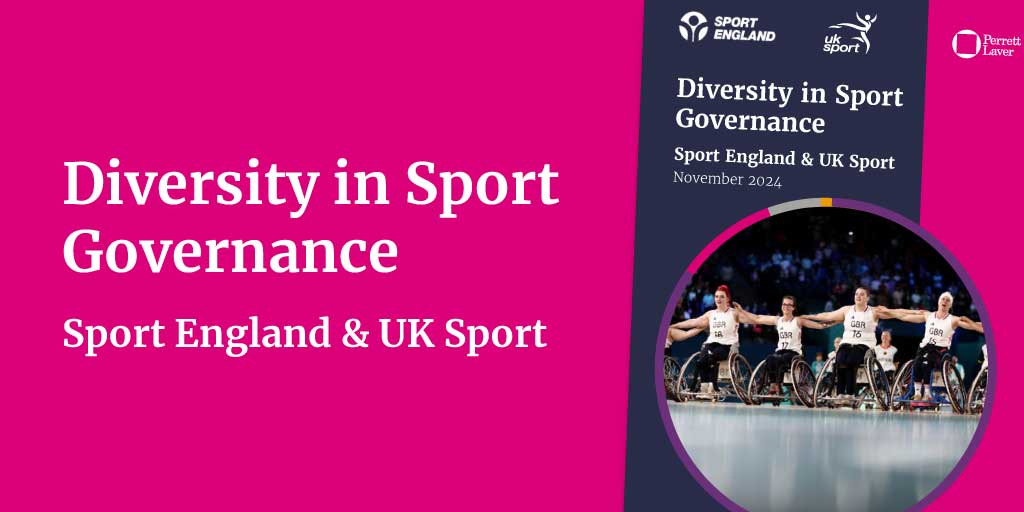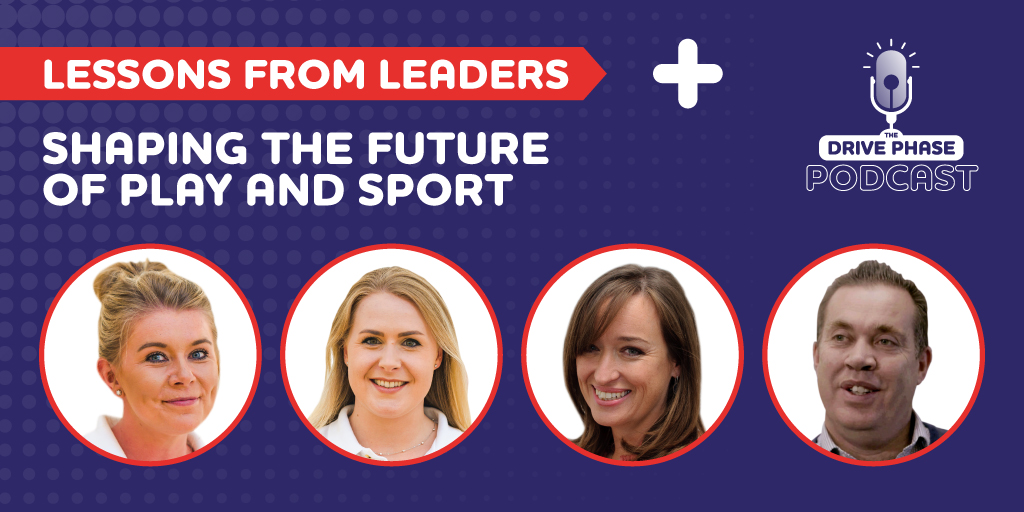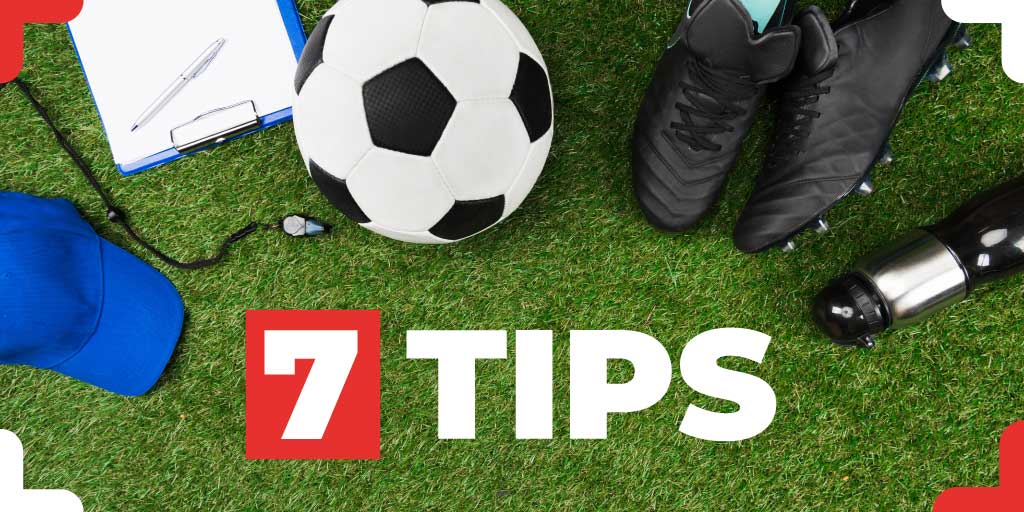New research by Cambridge University has revealed a palpable link between physical education and self-control amongst children. The study is one of the first of its kind to provide long-term analysis of the links between physical activity, self-regulation and academic achievement of children.
For many schools that are desperate to play catchup based on disruptions, this study further impresses that more play time may be more helpful than further lesson time.
The analysis draws data for children in England and seems to also intimate a strong correlation between physical activity and self-control for the most disadvantaged children.
The data looks at three stages of childhood to adolescence, at ages seven, eleven and fourteen, as well as information on physical activity from the Millennium Cohort Study. That particular study follows the lives of around 19,00o people born between 2000 and 2002.
Physical activity, especially those that particularly promote self-control such as swimming or ball sports, can have a positive effect on a child’s education. There is also evidence that they result in a reduction in mood swings and emotional outbursts.
The authors suppose that the impact on disadvantaged children is because according to Sport England, only 42% of children from low-income homes do the recommended 60 minutes of exercise a day.
The conclusion being that, for children who are less likely to exercise, an increase in games that promote cooperation, fitness and self-control have more of an effect.
David Gregson, a recent guest on The Drive Phase podcast, regards the focus on educational attainment to the bereft of physical and cultural activities as to the detriment of children’s wellbeing.
“There is clear evidence, that physical activity certainly doesn’t hamper learning…in fact, if you take time out of the curriculum, young people will do just as well.”
Whilst the study has mixed and indirect conclusions, researchers from the study have stated that the difficulty that some parents might have to access sports clubs and activities is especially important. If children are to succeed bridging that gap could include focussing on tasks that are physical from a young age.
Find out more about activity and wellbeing for young people on The Drive Phase podcast. Available on Coordinate Sport website, Google Podcasts, Apple Podcasts, Spotify and YouTube.
To find out more about the study please see here.

